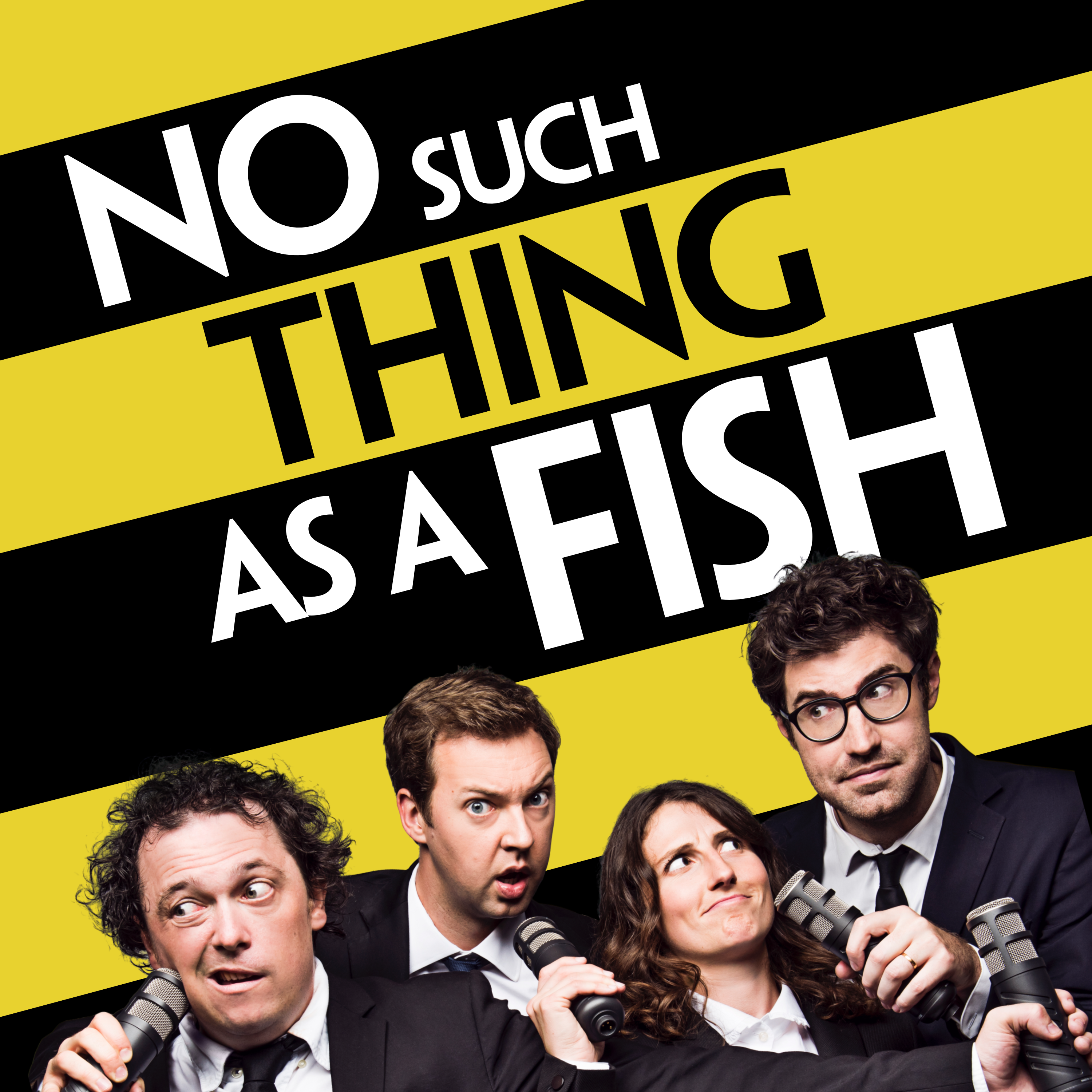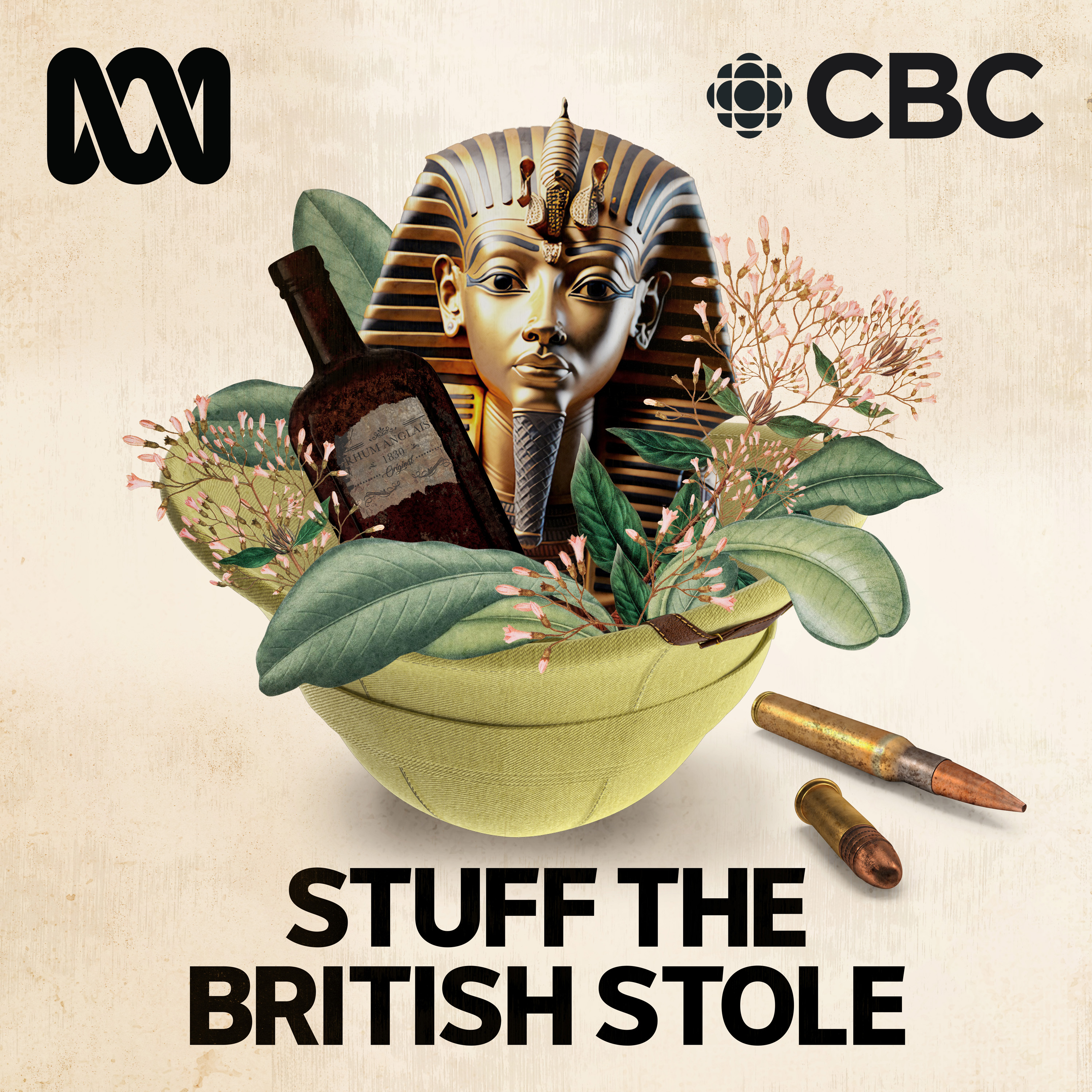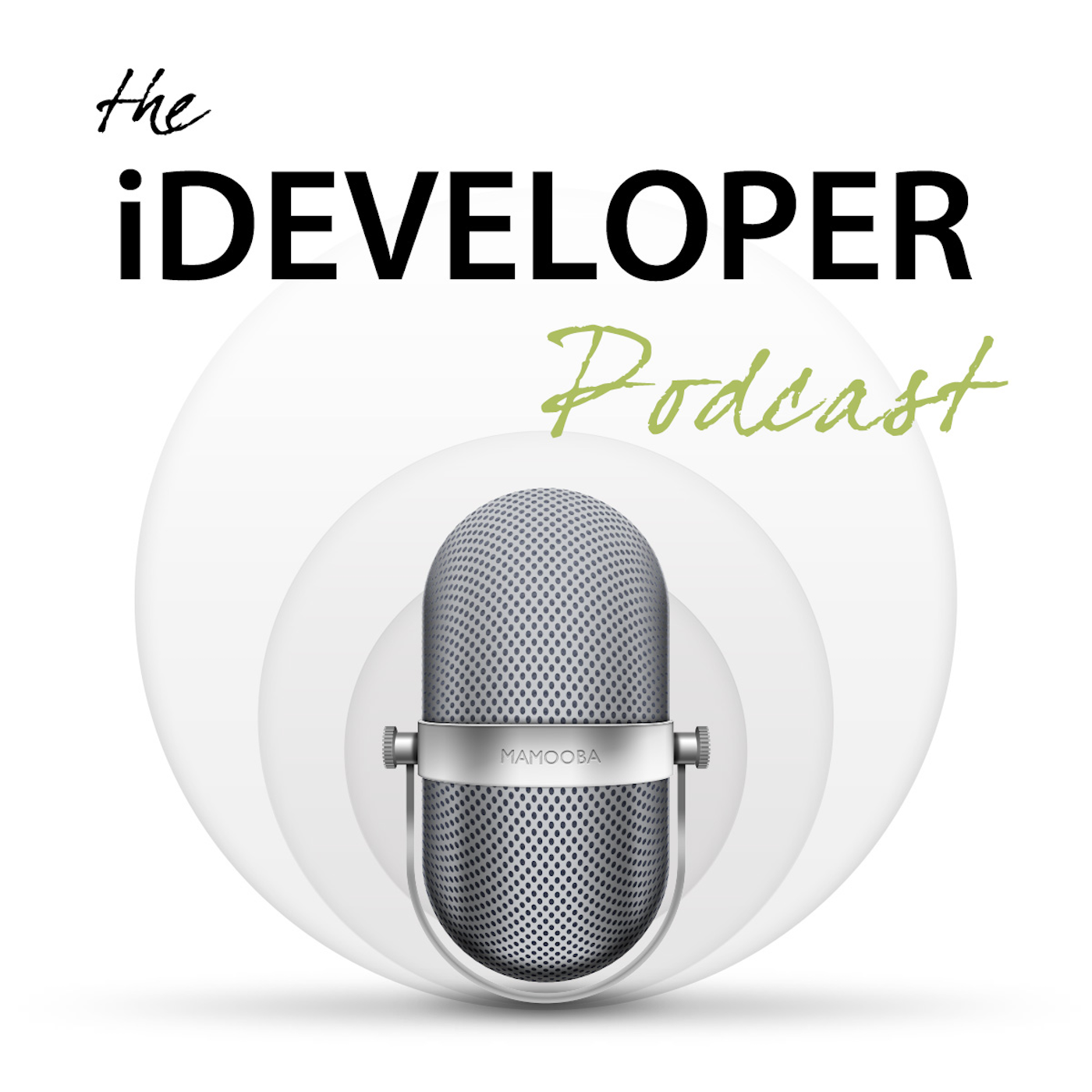
Piano, finally
Piano Finally is a podcast by an old bloke who is learning the piano, finally. I cover the process of learning the piano and music theory as an adult learner. I also review piano books, hardware and other materials from an adult learner's perspective.
Piano, finally
Episode 73 - Practising in Public
Use Left/Right to seek, Home/End to jump to start or end. Hold shift to jump forward or backward.
G’day, I’m David Reidy. Welcome to Piano, Finally, a podcast by an old bloke who’s getting around to learning the piano, finally.
This week was light on practice thanks to Year 9 camp at Lake Macquarie and the start of exam-marking season, but there was still some playing – including at camp – and some reflections on what it means to practise where people can see you.
🎧 YouTube – 5 Minutes on… Moonlight Sonata
YouTube pointed me to Daniel Barenboim’s 5 minutes on… Beethoven – The “Moonlight” Sonata, part of a 13-video series where he talks about music by Beethoven, Debussy, Mozart, Chopin, Liszt and Brahms, illustrating his ideas at the piano. Barenboim argues that “Moonlight” is often played too dreamily, and links it instead to Mozart’s Don Giovanniand a more funereal, martial character. You may not agree with all his opinions, but they’re thoughtful and well explained.
Playlist:
https://www.youtube.com/playlist?list=PLErHuBsy75wzNtI5pjaDqwyM_C_RdipXn
📝 Essay – Practising in Public
Next year I’ll be watching Anna Lapwood teach a masterclass on the Sydney Opera House organ: students practising in public, with an audience. It made me think about my own public practice – playing in junior music classes I’m covering, while students work on written tasks or try keyboards and guitars.
Masterclass info:
https://www.sydneysymphony.com/concerts/masterclass-with-anna-lapwood
In science lessons, I’m the expert in the room; at the piano, I’m a learner. Saying “Here’s what I’m working on” gives me permission to make mistakes and gives students permission to be better than me at something. It models lifelong learning and shows that adults are still tackling new skills long after school ends. Learning piano as an adult is low-risk – we’re not after a career change, we’re here because we enjoy both the music and the learning. Practising where others can hear us helps build a culture where everyone keeps thinking, exploring and expanding their world.
🎼 Review – The Indispensable Beethoven Collection
As well as my aspirational Bärenreiter sonatas, I picked up Schirmer’s The Indispensable Beethoven Collection – 12 Famous Piano Pieces as a more practical working score for Piano Sonata No. 14. It includes Für Elise, four sonatas (Moonlight, Pathétique, Op. 49 Nos. 1 and 2), some variations, two sonatinas, and the attributed Adieu to the Piano. There are editorial notes, suggested fingerings (some amended in consultation with Devi), and the 96-page saddle-stitched book sits open nicely on the stand. The engraving is clearly from an older edition, but still quite readable.
You can contact me:
- via email at david@pianofinally.show; this is probably the best option
- the show website, www.pianofinally.show
- Instagram and Threads @pianofinally
- and on YouTube
- all the podcast directories - list
- here's the RSS feed
Some of the links to books and other items mentioned in the podcast may affiliate links for Amazon or other providers. If you use one of these links, a commission may be paid to me at no additional cost to you. Thank you if you use a link.
All reviews of products, websites and services are unpaid, and no sponsorship has been received for any content on this podcast.



G'day everyone, I'm David Reidy. Welcome to Piano, Finally, a podcast by an old bloke who's getting around to learning the piano, finally. Welcome to show number 73. Thank you very much for listening. If this is the first time you're hearing the podcast, I hope you enjoy what's in the show. If you're back for another episode, then thanks for returning. If you too are learning a musical instrument, let me know how you're going with it. You can contact me at david at pianofinally.show As predicted in the last episode, I did not get much practice done over the past week. I had my lesson with Devi on Monday, and because I was going to be at camp with Year 9 from Wednesday to Friday, I was given a day off on Tuesday, and then ended up getting so much done around the house and locally that by the time I sat down at the piano, I was too tired to do anything meaningful. I did get some playing in while at camp, but you couldn't really call it practice. The camp was quite successful. Lake Macquarie is a lovely spot, and the weather was perfect. Not too hot, and with just enough wind to make the sailing on the lake exciting, but not dangerous. We're into the last five weeks of the school year, so it's exam marking and report writing time. I'm looking forward to working on the new pieces as a bit of a break from all that. I've mentioned Daniel Barenboim recently, as his recording of Beethoven's Moonlight Sonata is one of my favourites. I've been watching a few different YouTube videos of performances of the piece, as it is one that I'm currently learning the first few bars of. With all that romantic period music, it's not surprising that the YouTube algorithm started suggesting adjacent videos. I know that people complain about the way social media platforms suggest things, but if you're careful, you can find some really good content. This was the case when YouTube suggested the 5 minutes on Beethoven, the Moonlight Sonata video. The video is the first in a series of 13, where pianist and conductor Daniel Barenboim speaks about a piece of music or a related topic, including stories from his life in music. The series covers three pieces by Beethoven, four by Debussy, and pieces by Mozart, Chopin, Liszt and Brahms. During each talk, Mr Barenboim sits at a grand piano so that he can add musical illustrations to his ideas. Mr Barenboim is well known for his approach to music. He is very much a believer in modern performance, using the instruments and technology available now to perform music of the past. He has been seen as controversial for his use of the sustain pedal in his recordings of Bach's music. He has opinions on every piece he presents, but he backs them up with evidence and reasons. For example, he thinks that the Moonlight Sonata is often played too dreamily, pointing out that the name is not Beethoven's and that the music has much in common with Mozart's Don Giovanni and a more funereal and martial character. Mr Barenboim's opinions on whether the music of Wagner should be performed in Israel have led to many outspoken critics and even fistfights at concerts. He says that it is possible to separate the man from his music and that the music should stand on its own. Interestingly, my Ethics Olympiad team would disagree, having spoken on this very point in the recent competition. There are some fascinating insights into the music in these short videos, and they are well worth watching. You may not agree with Mr Barenboim's opinions or his style of performance, but both are well worth a listen. The videos in the series are between seven and nine years old, but they're really well produced. I hope that there are more videos to come as Mr Barenboim is only 78. There are other videos on the channel on other topics and I'm sure I'll be back recommending some more. Practising in Public. I will be going to see Anna Lapwood teach a masterclass on the Sydney Opera House organ next year. Anna will be teaching, the students will be practising and the audience will be watching. I occasionally have people other than my students watch me teach but generally only one or two and they don't have to pay for the privilege. Her students will be practising in public but that's not the type of practising I'm talking about. I got to thinking about practising in public because of two different situations. There was needing to practise while away at camp and I occasionally have to cover classes because teachers are away or have another commitment that needs their presence. My normal teaching load is one period below full, so I will usually get one or two of these extra lessons each fortnight. I don't mind taking them. The work for the class will be provided, so my main job is to keep the class on task and help students with their work. It's generally fairly low stress, and I get to see what's going on in other subjects. These classes can be in any subject area, but often they are science classes and more recently junior music and it was the junior music classes that got me thinking. These classes usually involve students doing written work but sometimes they include an opportunity to play an instrument. In the classes I've covered the instruments are either keyboards with headphones or acoustic guitars. I'll usually play something I'm learning on the piano. Effectively, I get a bit of practising. I think this is so important. When I'm teaching science, I am the expert in the room. I know more about the subject than my students, and my main job is to help them understand the new ideas and the concepts in the syllabus. In a perfect lesson, I'll present something, they'll work at integrating it with what they already know, and perhaps will practise using the new knowledge. It's very different when I'm at the piano in a music class. I am most definitely not performing. I tell the students, here's what I'm learning at the moment. I now have permission to make mistakes. In a science class, I'm expected to get everything right. At the piano, I'm learning just like them. And I let them know that it's fine for them to show me things that they can do better than I can, which, at the moment, is a lot of them. So why should we, the adults in the room, flip the paradigm and let the kids be the experts for a bit? And I mean genuinely let them be the expert, not simply some contrived situation where you're pretending. Firstly, it demonstrates one of the most important concepts in education, lifelong learning. There is no way anyone can teach anyone else everything they will ever need to know. When I started teaching 40 years ago, the gig economy didn't exist. Creating a short video meant many thousands of dollars of equipment and a deal with a television network if you wanted people to see it. I could not have taught a student how to become a successful YouTube creator because all of that was more than a decade away. The people who were first in those jobs taught themselves. They learned what they needed because they were curious and they had the skills to put ideas together. They didn't stop learning just because school was over. If we practise where other people can see and hear, then we're demonstrating that we're still learning new, complex things, even though it's been quite a while since we finished formal education. Learning the piano as an adult is low risk. I would bet that there are no adult beginners who began playing keyboards or pianos because they are seriously looking for a career change. We learn because we enjoy it, and not just the enjoyment of making music, but also the enjoyment of learning something new. Practising where others can see you, talking about the fun it is to learn something new, both contribute to a culture where we all keep active, thinking and expanding our world. Earlier in the year I made the aspirational purchase of the complete set of Beethoven sonatas. They're sitting on the bookshelf behind the piano to remind me of where I'd like to end up. They're big and heavy, so when I decided to learn Piano Sonata No. 14, I looked around for an easier to carry copy. I also thought it would be a good idea to get an edited copy, as the Bärenreiter complete version is urtext. I've seen Schirmer scores in many different places, and they had a book entitled The Indispensable Beethoven Collection, which contains, in their words, 12 famous piano pieces. Included in that book is the Moonlight Sonata. The first piece in the book is, predictably, Für Elise. There are four piano sonatas, Moonlight, Pathétique and Op. 49, Numbers 1 and 2. There are some variations and two sonatinas to finish up. There's also an attributed piece, Adieu to the Piano. All of the longer pieces have editorial comments at the bottom of the pages with playing notes and instructions about emphasis. The notes also include some alternative notations where the editor prefers some other interpretation. The scores have fingering numbers added to them, although Devi has already changed some of them as they didn't make sense to her or to me, and they're not Beethoven's in any case. They're suggestions of the editor. I will adopt the Barenboim approach and play the way that works on the pianos I am using. The typesetting of the book is dated. Clearly this edition, which has a copyright date of 2016, was reproduced from a much older version. The printing is clear, but it doesn't have the crispness of newly digitally prepared scores, and so it can be a little hard to read in some of the more densely printed places. The book is 96 pages long and has a saddle stapled binding, so it sits open at the piano stand with little problem. I paid $28 for my copy from Music Junction, a music business with two shops in Melbourne. They have a really good range of music scores, fast service and free shipping, so I've been purchasing from them when I can't get a book locally. The link to the Beethoven collection is in the show notes. You may have heard some noise in the background during the show. My new 3D printer showed up on Tuesday, which was much sooner than expected, so I haven't been able to set it up in its permanent location yet. The software I'm using for producing the show should be able to remove any stray noise, but it's not always perfect. I'm looking around for ways of using 3D printing to help with piano learning. I'll let you know if I find something, but if you know of anything, please let me know. If you'd like to contact me, email is the best way. You'll find me at david at pianofinally.show and the website at www.pianofinally.show. In both cases, pianofinally is all one word. The show is also available on Spotify and as an audio-only stream on YouTube. You can subscribe via any popular iOS or Android podcast application or from directories such as Apple Podcasts, Spotify or YouTube. I also post an excerpt and link for each episode as an Instagram reel. The show is already on the Piano, Finally YouTube channel but it's just the audio from the podcast. Is anyone interested in me adding video to the show? I already have most of the equipment and software needed to add video of me and the piano but I'm not sure that anyone would be interested. If you do have an opinion, please let me know via email at david at pianofinally.show Also, if you're learning an instrument, let me know where you are in your journey, what's going well, what are the challenges, how are you managing your time and what pieces are you enjoying learning. So until next week, I hope your piano stays in tune and you enjoy your time at the keys. As I mentioned earlier, I didn't get a lot of practice in during the past week with camp and other things so not much has moved along apart from the new bars I added during my lesson on Monday. I'm hoping that next week will be more productive. I'm continuing to work on the beginning of Beethoven's Moonlight Sonata. It's still not quite as even as I'd like and I'm still using the score, but I'm making some progress. I'm still really enjoying working on the piece. Devi and I added a few more bars last week and I really haven't had time with them this week. I might include them, but I'm hoping they improve quickly. The second piece is Trumpet Tune by Jeremiah Clarke, attributed to Henry Purcell. It also got almost no practice over the past week as I forgot to pack that score for camp. Wynn-Anne Rossi's A Wild Chase is coming along slowly. I can now play the piece mostly from memory, although I still have the music open on the piano, but I'm only using it as a prompt for the middle section. I'm still working on getting it even, and it's still a good deal slower than indicated on the score. The music was recorded using the Kawai NV10 as the keyboard, the M4 Pro Mac Mini running Cubase 15 and Pianoteq 9, with Pianoteq emulating a Shigeru Kawai SK-EX grand piano in concert mode. Thank you. I'm The End
Podcasts we love
Check out these other fine podcasts recommended by us, not an algorithm.

Connected
Relay
Upgrade
Relay
No Such Thing As A Fish
No Such Thing As A Fish
We Can Be Weirdos
Global
Stuff The British Stole
ABC and CBC
The iDeveloper Podcast
Steve Scott (Scotty) & John FoxRaven On: A Pop Culture Podcast
Natalie Bochenski & Stuart Layt
Smart Enough to Know Better
Dan Beeston & Greg Wah
TopMusic Piano Podcast
Tim Topham
The Chopin Podcast
Garrick Ohlsson and Ben Laude
